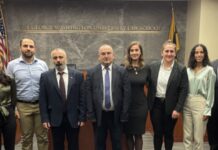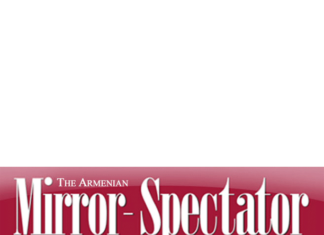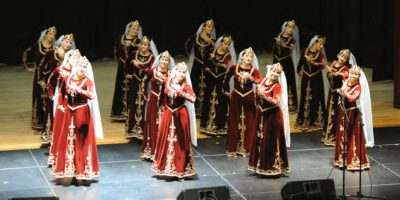By Gonca Sönmez-Poole
Turkish-Armenian relations have “complicated” written all over them. For starters, I must say that I am careful about choosing which nationality to begin with when I use Armenian and Turkish in the same breath. Should I say Armenian-Turkish, Turkish-Armenian, Armeno-Turkish?
I remember dealing with this conundrum six years ago while assisting with a particular rapprochement among the two communities led by a third party. I recall that some participants were uneasy about the sequencing of nationalities.
But fast-forward a few years: when I picked the acronym TAWA (Turkish-Armenian Women’s Alliance) several months ago for the women’s group I started, there wasn’t a peep from anyone. Maybe because I told them it was a play on the word tava (Turkish for “pan”), and because we have more than a few foodies in the group, TAWA was easy to swallow. Or maybe, just maybe these relations I’m referring to have been changing for the better, thanks to a new wave of thinkers and doers, leading the way for a starkly different and more positive future.
That said, a solid future can be built only on the shared trust of those who strive for it. And trust is not easy to come by in the sphere of Armenian-Turkish relations. Having dealt with the issue of trust in my earlier efforts within the Armenian and Turkish communities, I decided to inquire about the TAWA women’s first encounter with an Armenian or a Turkish person.
Here is a sample of their answers:









